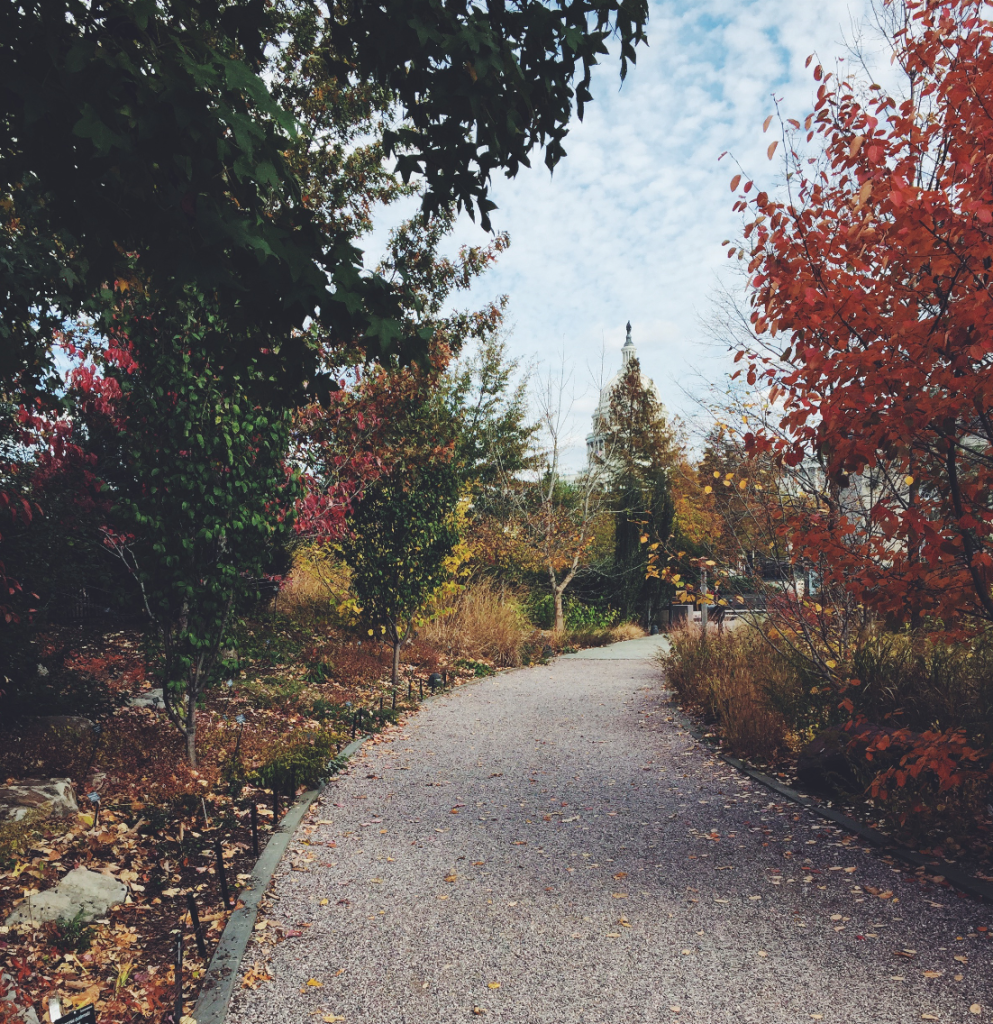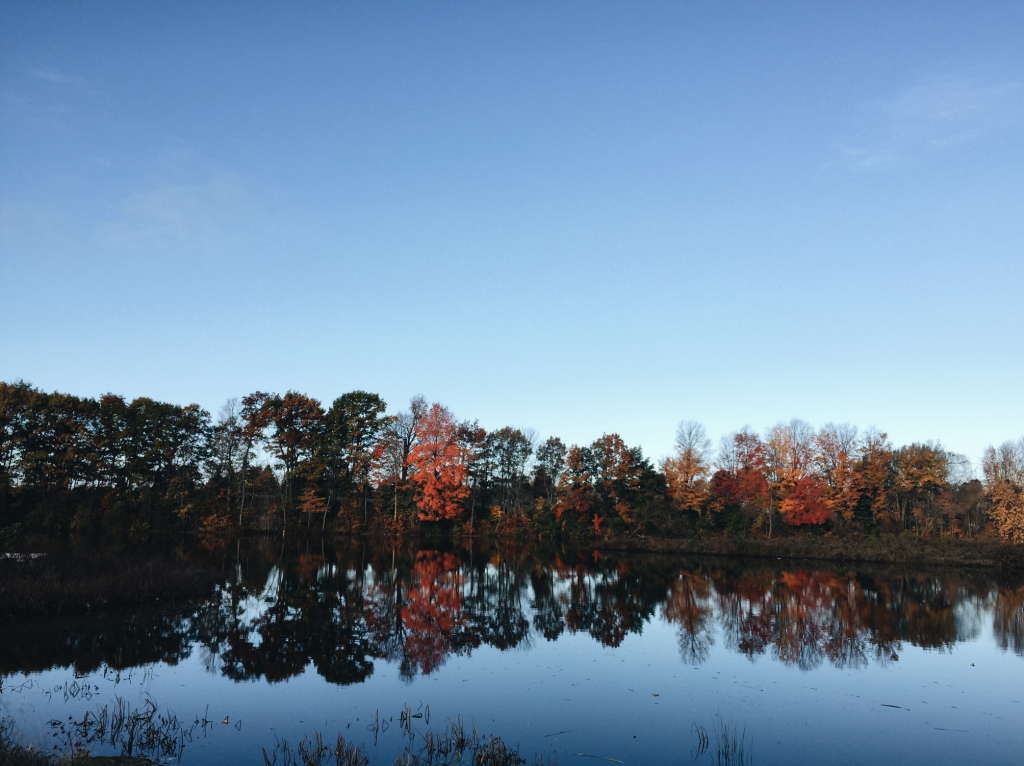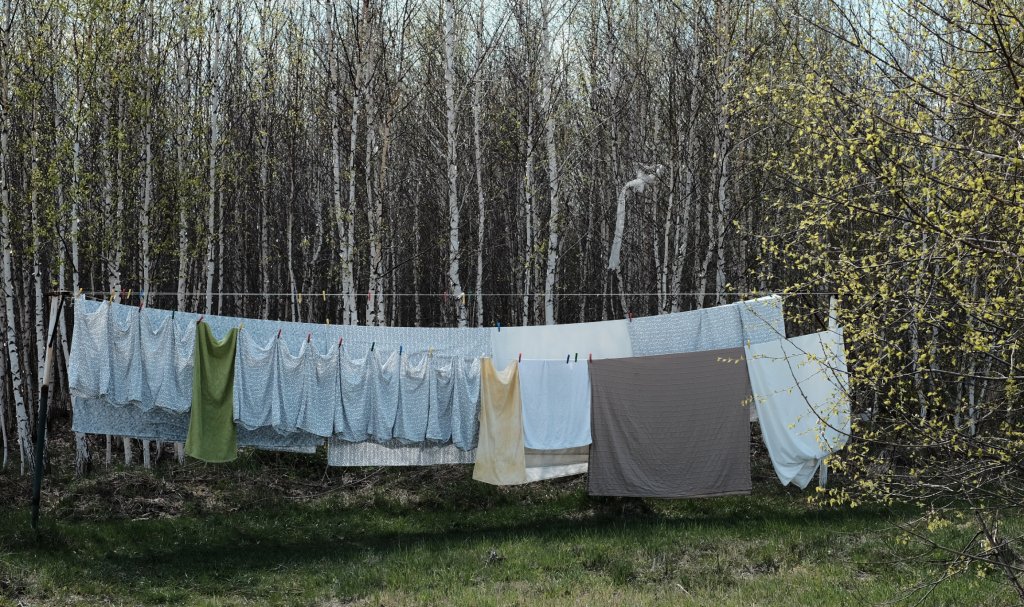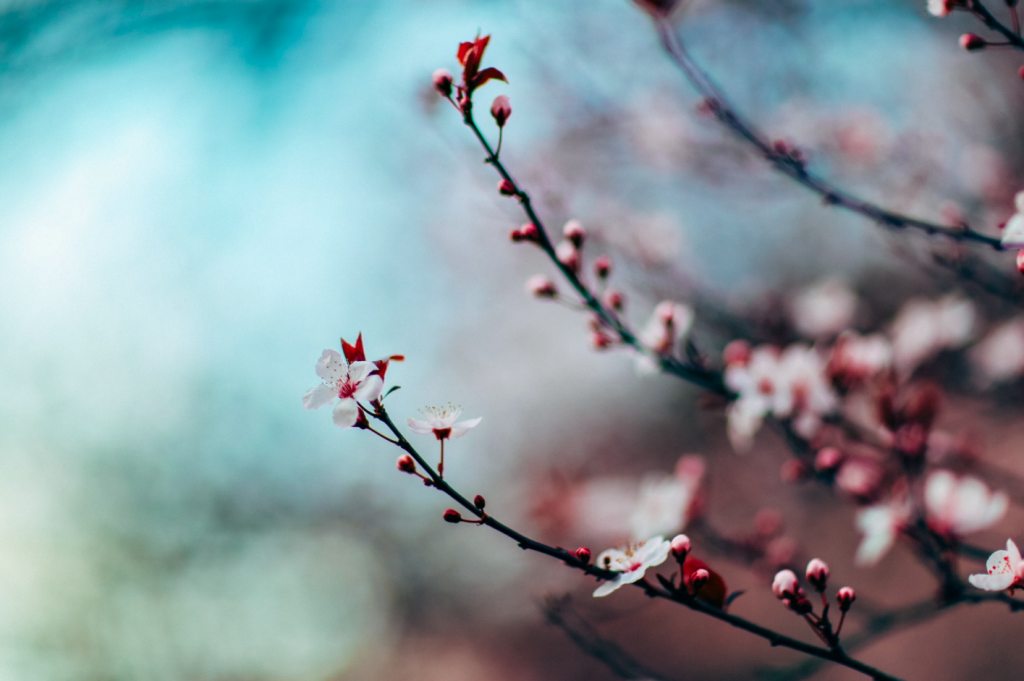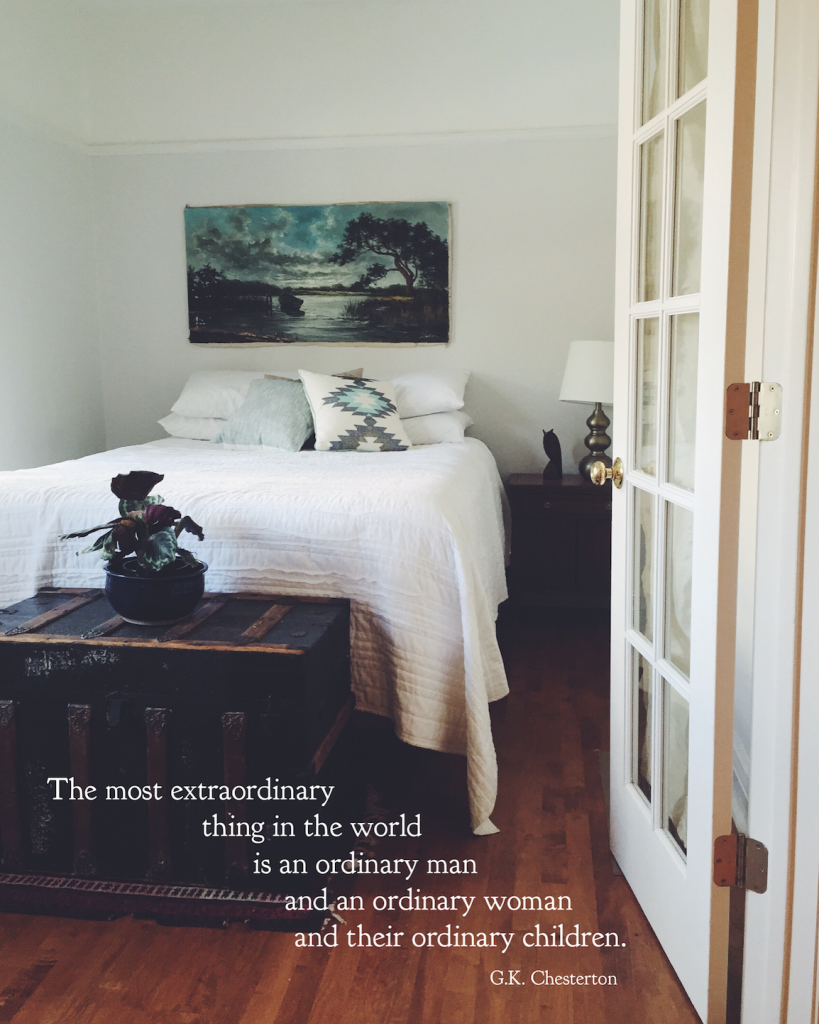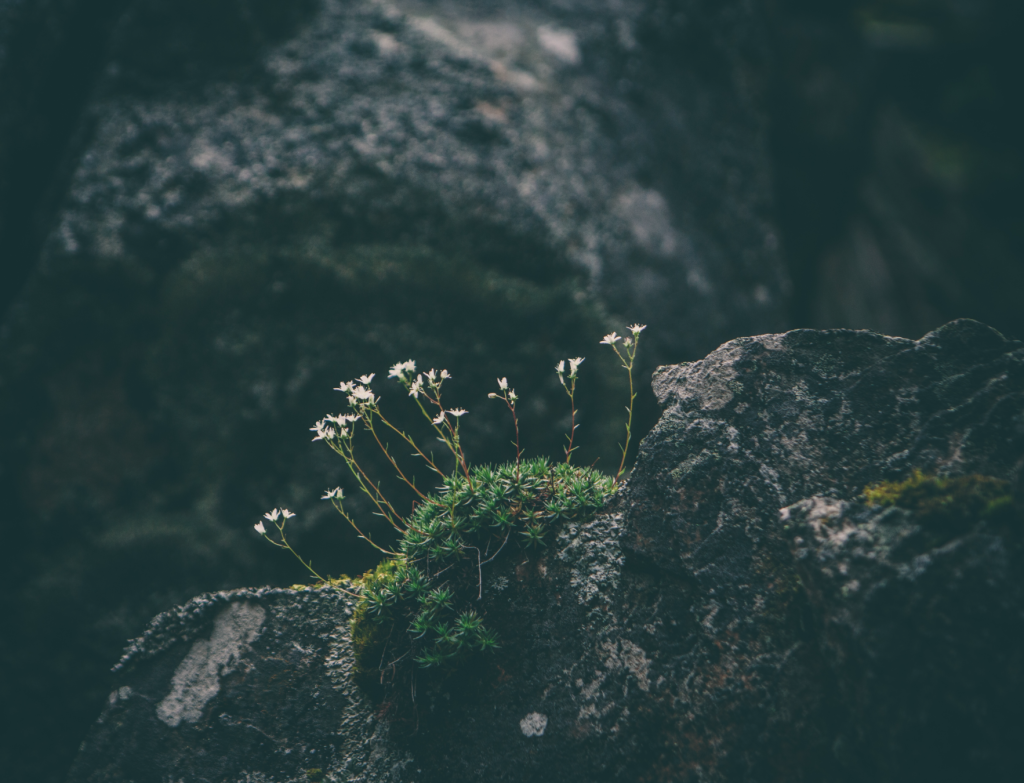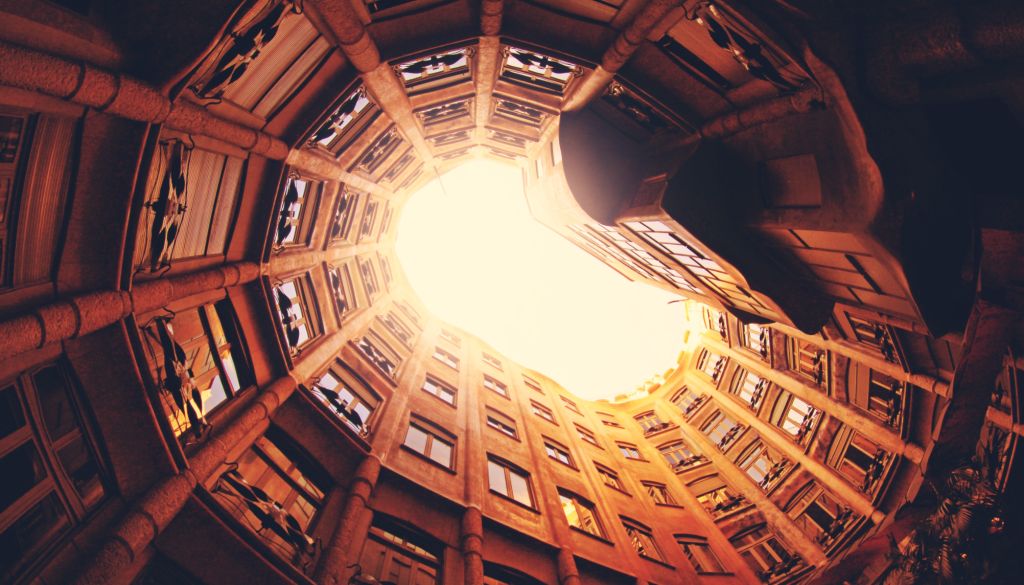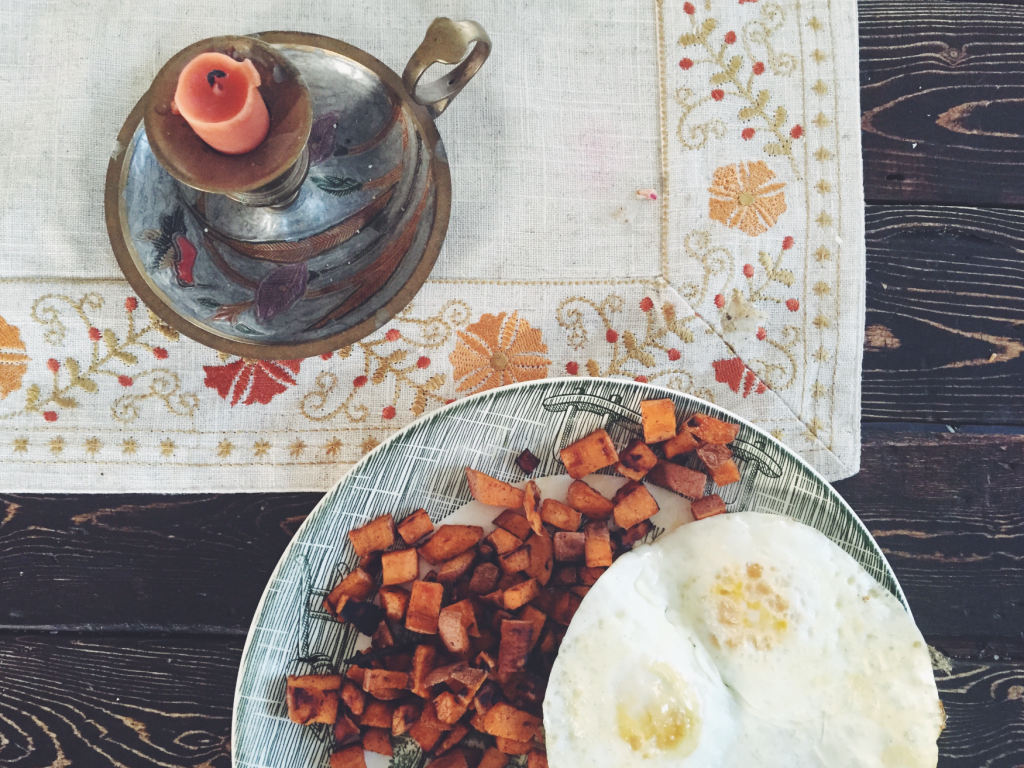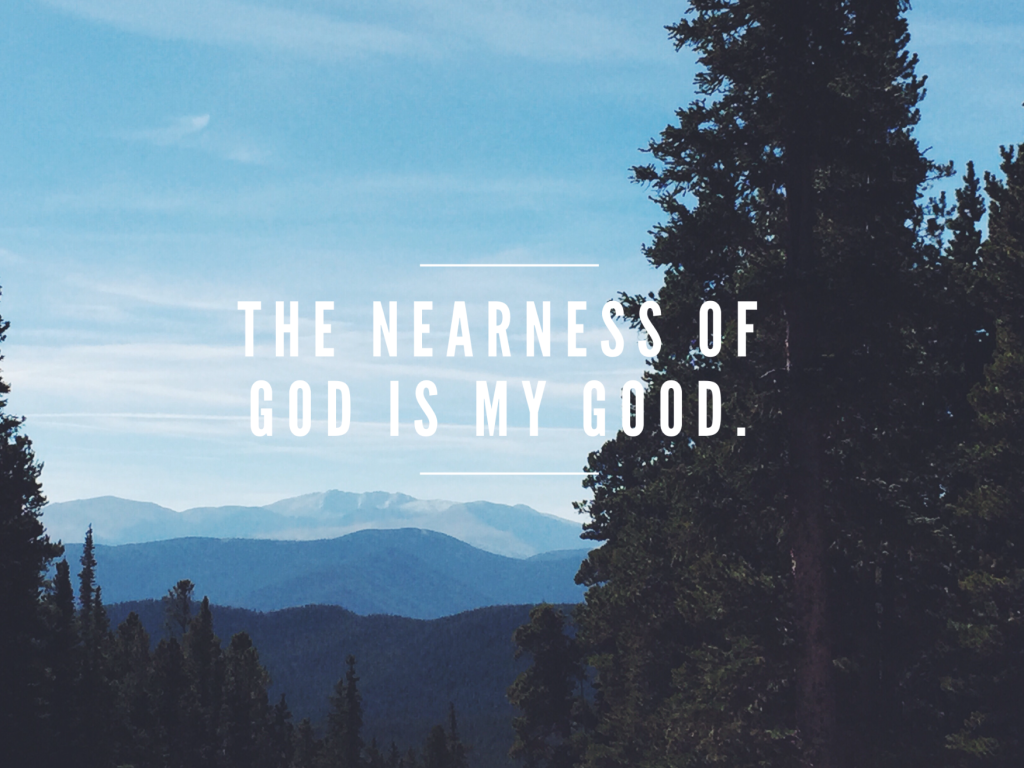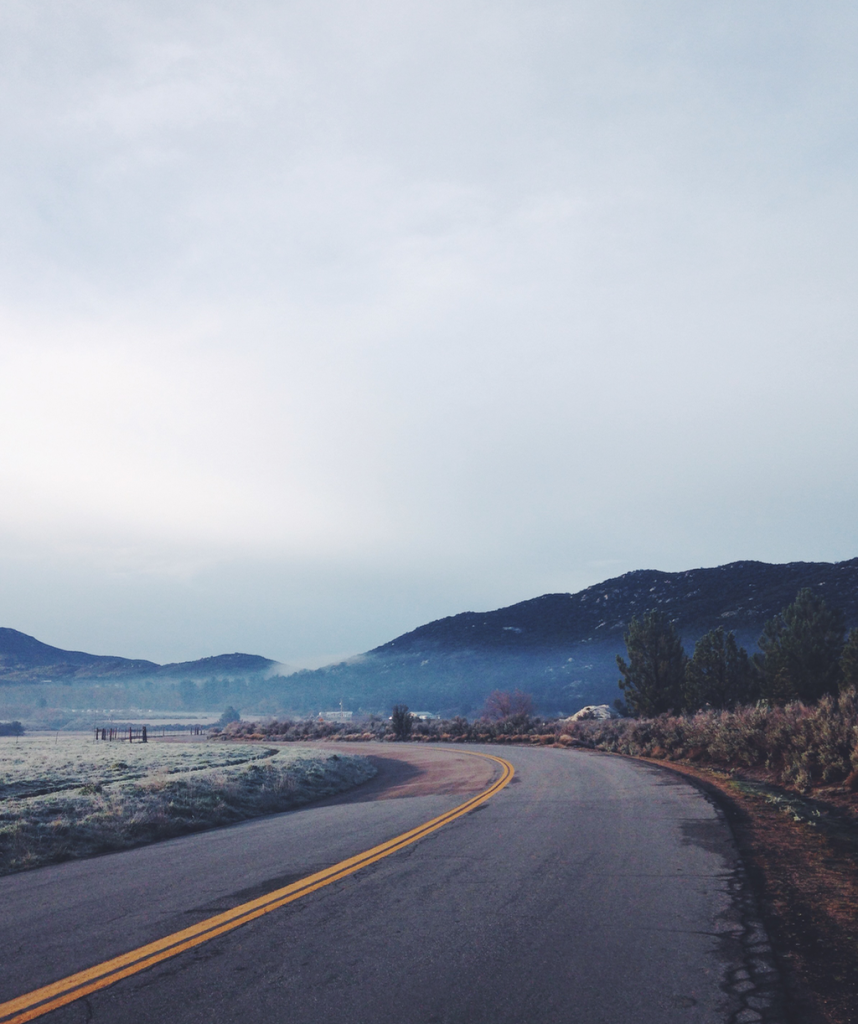Some Gentle Comfort for the Election Sore
Yesterday afternoon our neighbor held a bottle of wine up over the fence and shouted for us to come over and bring the pup. We love our neighbors. When Nate and I first looked at our rental house one of the things we remarked about the neighborhood was how in the mere hour we were here, the amount of young families, children, and elderly folks walking around made living here appealing. Over the past eight months we have gotten to know most of the neighbors living on our block and more around the neighborhood. Our pup is something of a local celebrity amongst them all. But our next door neighbors are, we have agreed, the best neighbors we've ever had ever. We love them and when we move, we will be most sad to leave them. We sat around a fire, drinking wine, and talking politics for a few hours. That might sound like a nightmare to some, but in a season where deep friendships are few for us, a rousing conversation around a fire in the aftermath of the election was good. They are smart people, and have lived full lives.
A trifecta of a work contract keeping me busier than I planned, a season where, as I said, deep friendships are few, and a decision to stay off Twitter and Facebook for a while had me not very aware of election news last week. I was saddened by the outcome in some ways, and in some ways, I'll be honest, I'm expectant. I told Nate on Wednesday morning this is much like when we have friends about whose relationship we are not excited, but for whom, after marriage, we choose to cheer, encourage, pray for, and point to Christ as the center. I do not think there is anything sinful in healthy skepticism, but I do think cynicism is a slow-killing poison that too many of our countrymen drink willingly, and we do not want to take part.
I read this from Dan Rather a few days ago on a blog I read regularly, Beauty that Moves. It summed up my feelings well. I am an American and Donald Trump will be my president. And if you are a citizen here, he will be your president too. There is no question of this. Every eight years, for the most part, the presidential party swaps places. Mourn that if you choose, but also it is good to recognize that, character flaws and all, men set up the American self-government experiment to swing back and forth with gentle predictability. The best way to participate in politics is to participate in self-government ourselves. Another word for that is self-control and we all need a bit more of that fruit of the Spirit.
It seems bringing up the name Ann Voskamp brings opinions to the surface wherever and however the mention comes. Ann was one of the first bloggers over a decade ago to exchange emails with me in the newborn years of serious blogging. She will always be, for me, a gentle cheerleader and friend for it. Regardless of whether you enjoy her prose and poetic way, no one who has met her can deny that she exudes the fragrance of Christ. I loved this interview she did with my friend Katelyn on Christianity Today. Ann has taught (and still teaches) me so much about gratitude and the spiritual discipline of it. If gratitude isn't yet a part of your daily rhythm, I hope this article encourages you to start today.
Speaking of gratitude, we're living back on the east-east coast now and "Daylight Saving Time" (in quotes because you can't see me rolling my eyes) has ended, so it has started getting dark by 4 and is dark by 5:30pm. I am firmly of the belief that if it is dark, one belongs in hibernation mode, so it is taking a lot of gratitude to keep me from going to bed until seven at least. I am always reminded of the Norwegian secret to enjoying a long winter when we step over the threshold of short days. The word is Hygge and I'm sure you've heard of it. It's become something of a hype in the past year. Whether it's a myth or a way to sell books, all I know is the concept of enjoying these short days and long nights is one I need and maybe you do too. Here are some suggestions on how to (and how not to).
I hope and pray your week is full of good, constructive conversations about our President elect and the state of our country. After spending Friday in the city we call home for now, touring the Capitol, the Botanic Gardens, and a few museums, Nate and I decided to put ourselves through a refresher education on World History. We have been working on a spreadsheet overview of it, free documentaries and films we can watch, books we can each read or read selections from, and, if possible, sites we can visit. This is our way of remembering what a brief experiment America is, and how we are mere drops in the bucket of history. I think it will take us two years, at least, to get through, hopefully longer. Anything to avoid cynicism. Our spreadsheet is incomplete, but if you want to take a gander (or if you have suggestions for additions!), here's a glimpse at it. Below, you can see the Capitol building through the leaves at the Botanic Garden (which I have decided, is surprisingly best visited in the fall).

